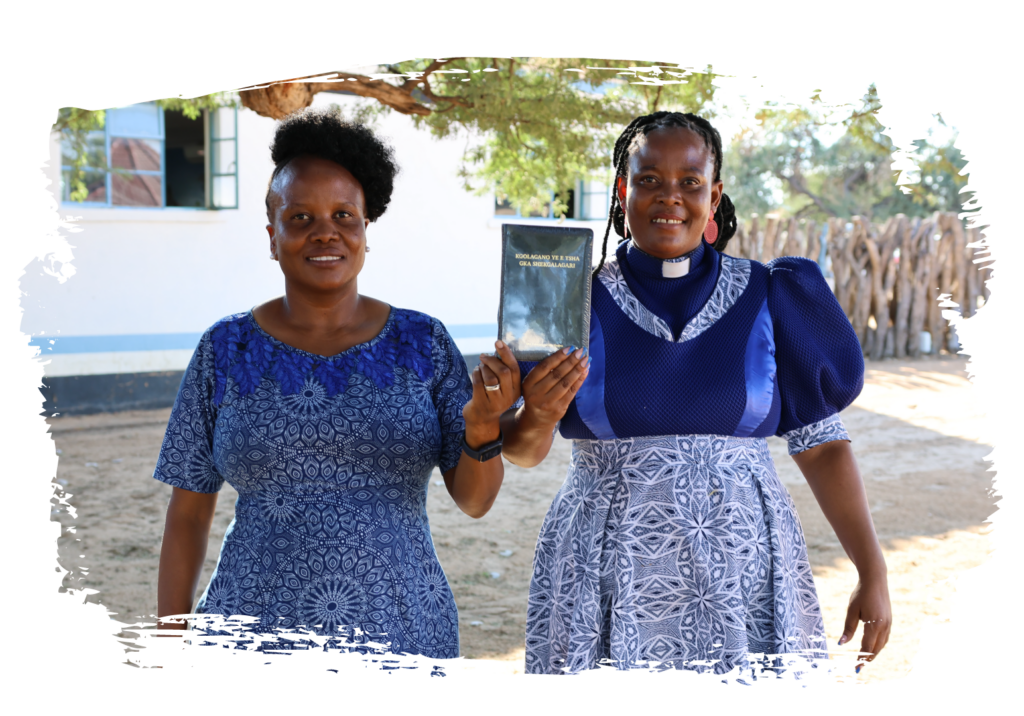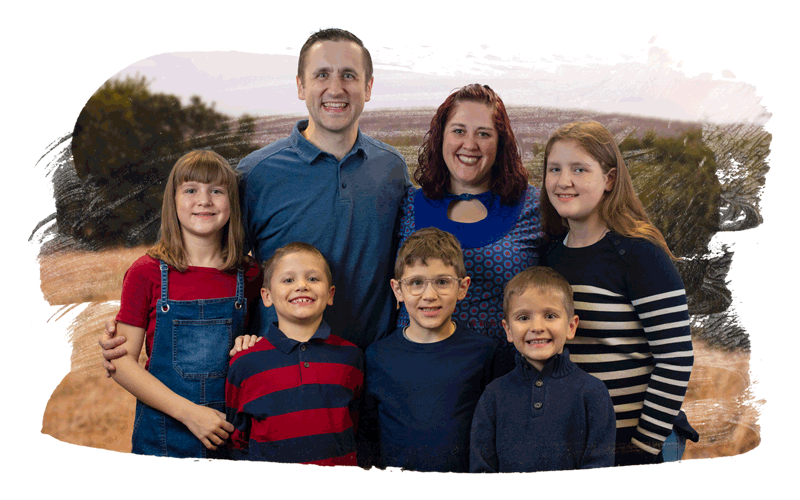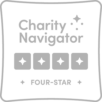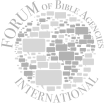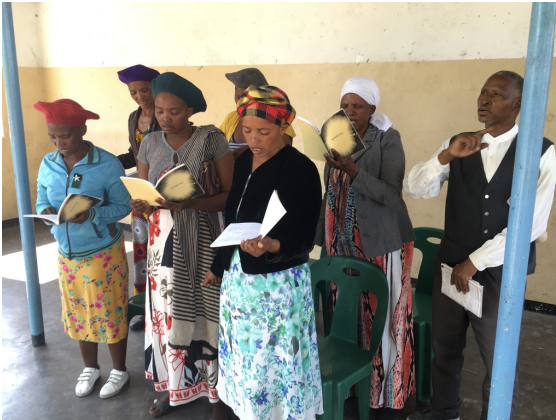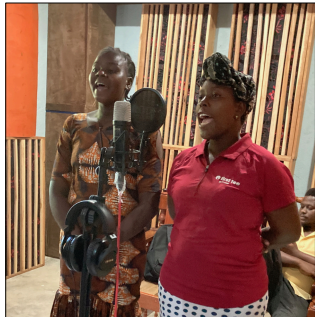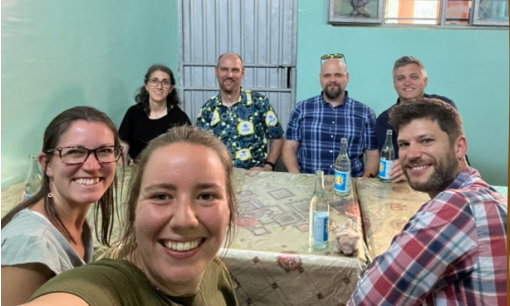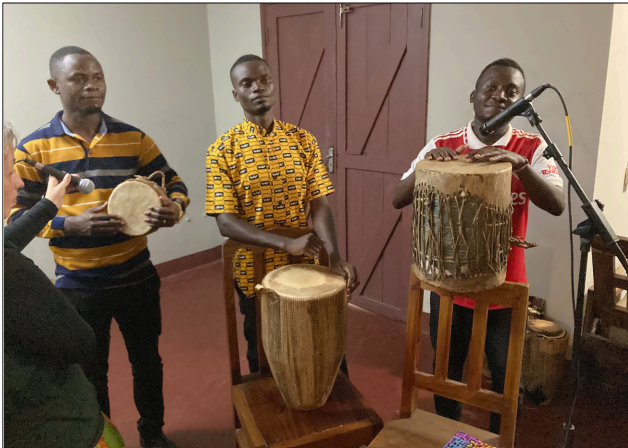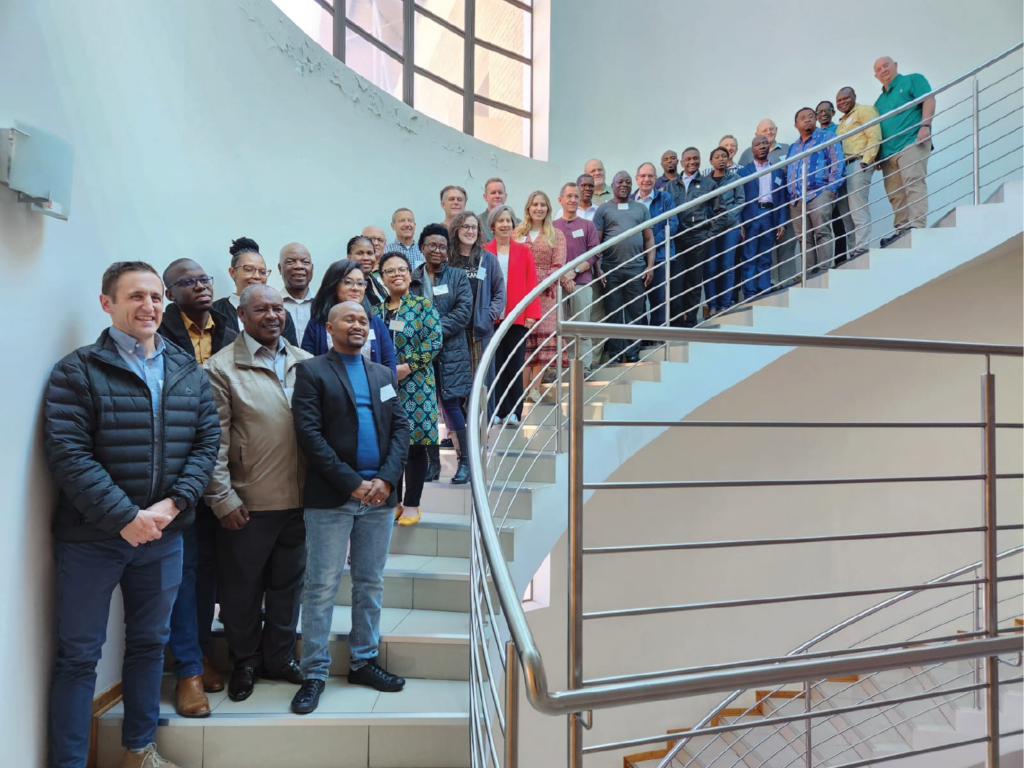ShekgalagariBible Translation
The New Testament is in hand, and work begins on the Old Testament. Join us in bringing it to life!
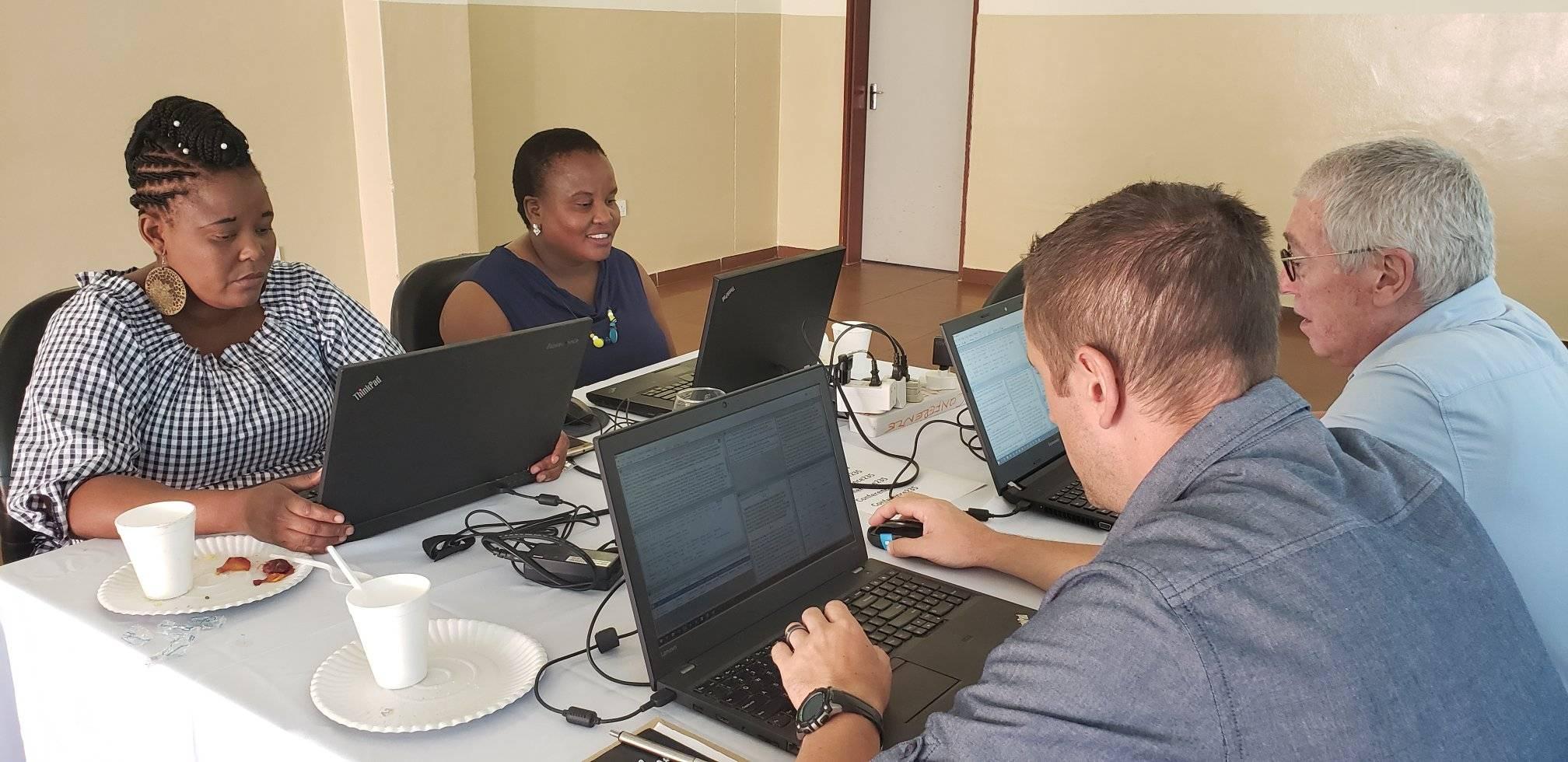
Country
- Botswana
Region
- Southern Africa
Language Population
78,800
New Testament in hand, focus shifts to Full Bible
With the New Testament in hand, Shekgalagari-speaking communities in Botswana and Namibia now have greater access to God’s Word in their language. Strong local leadership has fostered a deep desire to continue this vital work, ensuring that worship and faith grow through Scripture engagement.
The focus now shifts to translating Old Testament books, starting with smaller texts and planning for Psalms or Proverbs. Together, we can bring the entirety of God’s Word to Shekgalagari speakers.
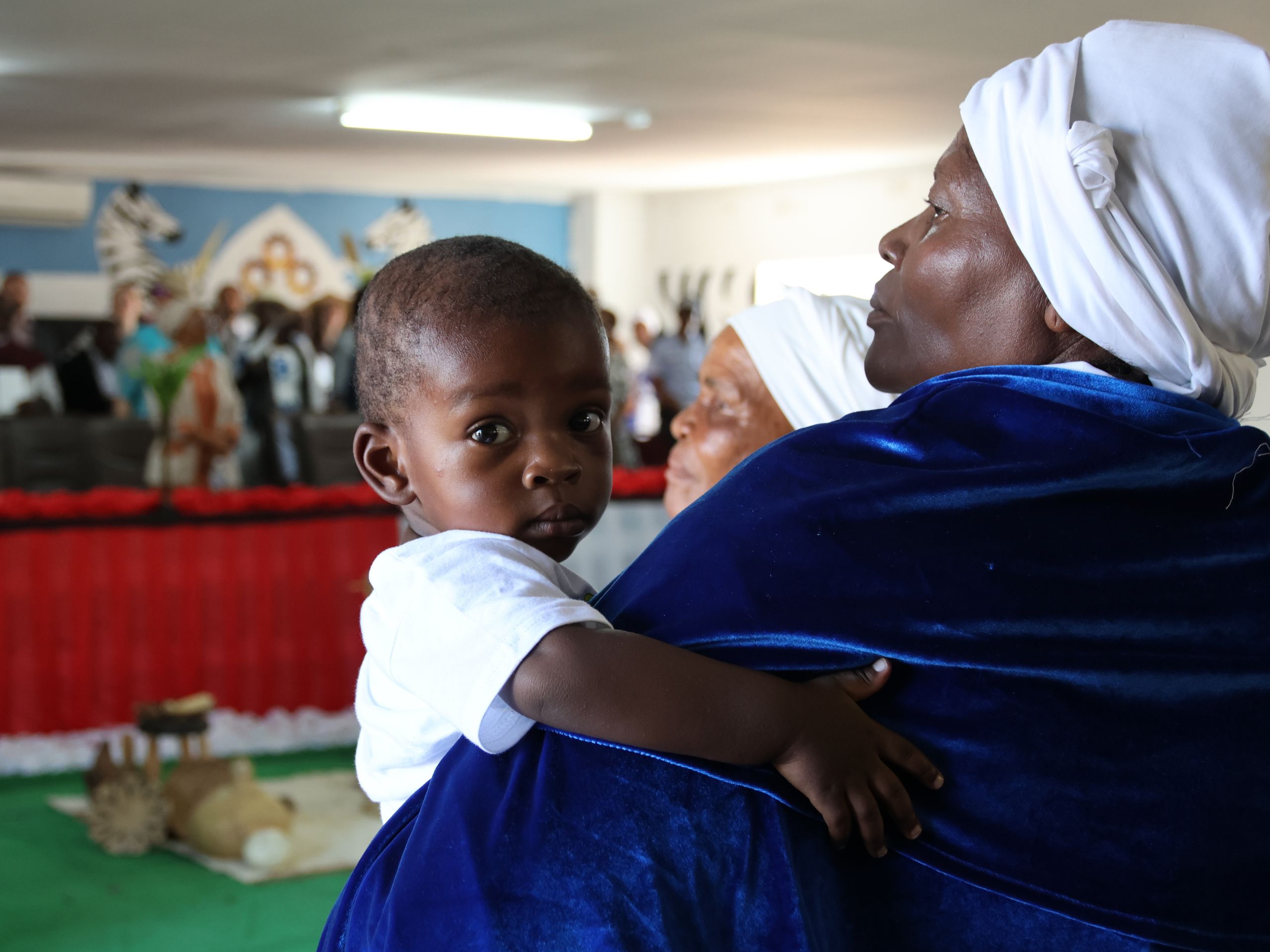
Empowering Local Leaders
We believe that every community should have the chance to read the Bible in the language they know best. Your financial gifts and prayers help leaders in Botswana further translation of the Bible into the Shekgalagari language.
Program Goals
- Encourage Scripture Engagement in Communities
- Expand New Testament Distribution
- Advance Old Testament Translation
- Plan Future Translation Projects
- Strengthen Local Leadership and Vision
Program Plan
Step 1
Foster Scripture Engagement
- Mobilize leaders and volunteers to support Scripture engagement activities.
- Host Scripture Engagement workshops to encourage community interaction with Scripture.
- Develop plans for initiatives promoting regular use of the New Testament.
Step 2
Distribute the New Testament
- Gather feedback from recipients to guide future distribution strategies.
- Collaborate with distribution networks for wider New Testament access.
- Organize outreach events to celebrate New Testament availability.
Step 3
Advance Old Testament Translation
- Work with the community to plan translation of Psalms or Proverbs.
- Draft smaller Old Testament books and conduct community checks.
- Facilitate consultant reviews to ensure accuracy and faithfulness to Scripture.
Meet the Local Team
Partner Organizations
Honoring the Language
A marker of this Bantu language is that the prefixes change with the noun class. “She” marks a language. “Ba” represents the people.
People live in the Kalagari (spelled Kalahari in English) Desert. Bakgalagari means “People of the Kalagari”.
The majority of Shekgalagari speakers are subsistence farmers – including farming cattle, goats, and chickens. The language community is widely spread across the southwest region of Botswana and into Namibia.
Program Progress
Help Bring Scripture to Life
Your donation helps translate God’s Word into the Shekgalagari language. Every gift makes a difference.
